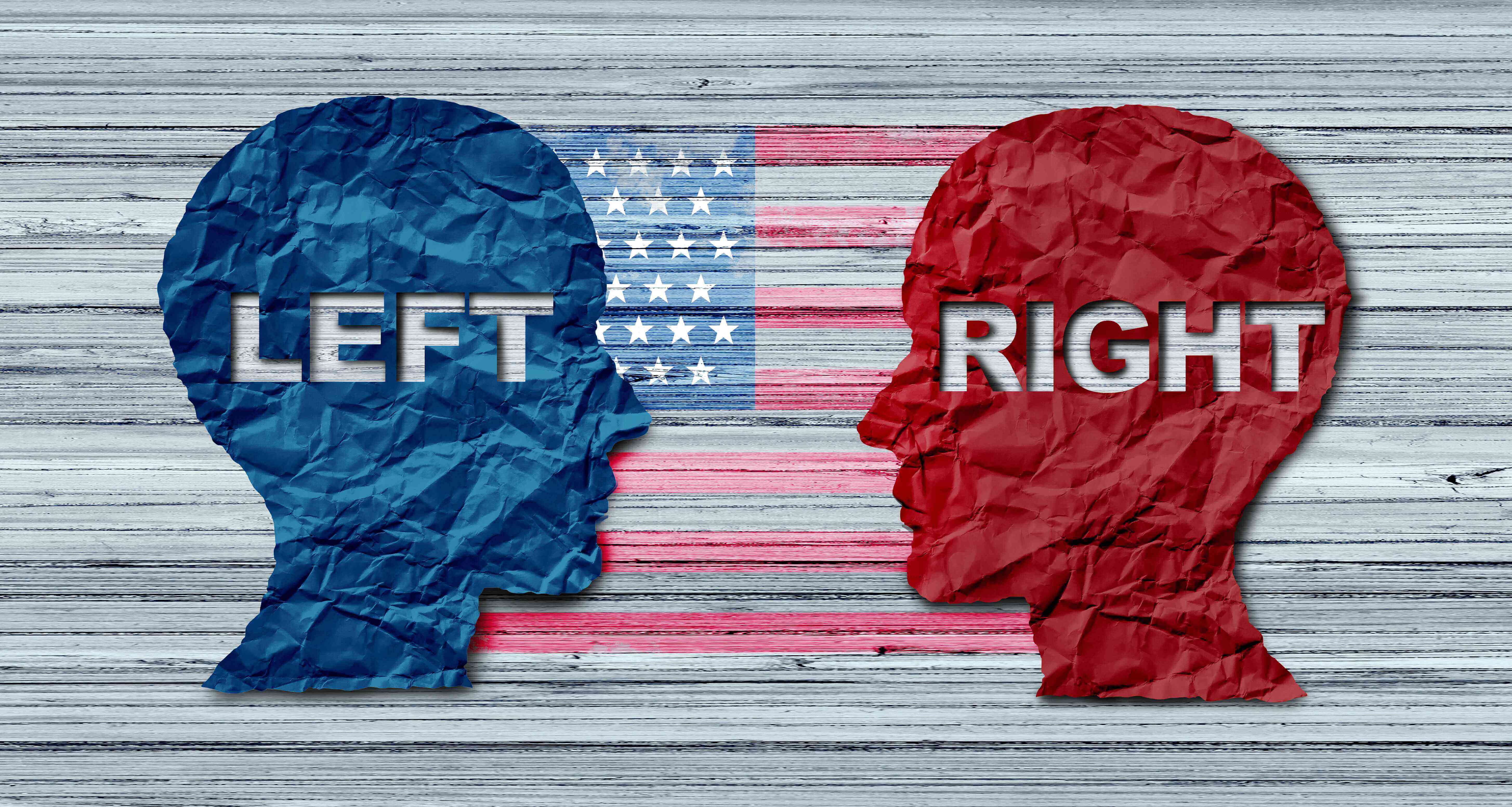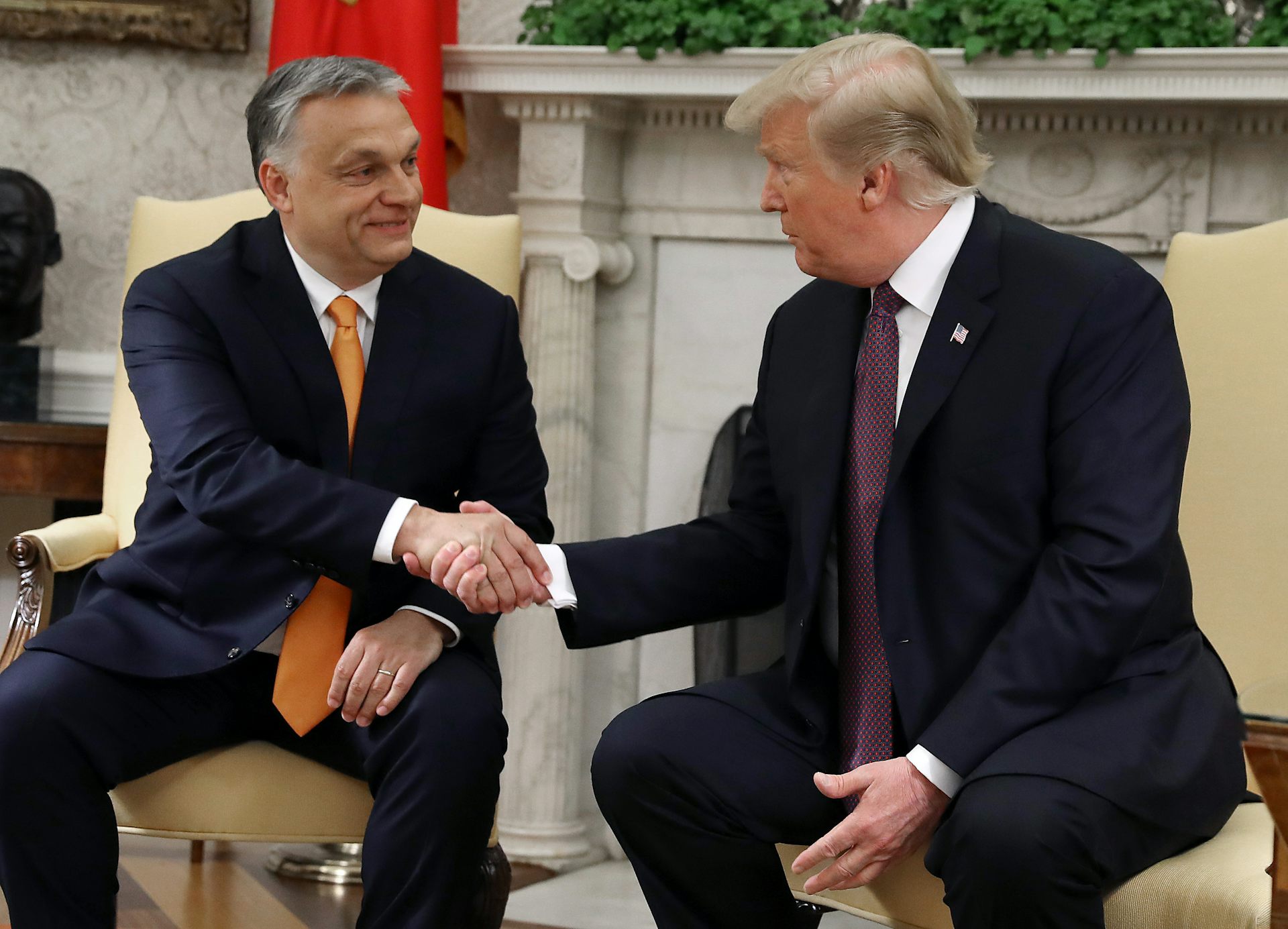Trump Must Reinstate Associated Press To White House Press Pool, Judge Rules

A federal judge has ordered the Associated Press restored to the White House press pool after President Donald Trump banned the wire service for refusing to adopt his renaming of the Gulf of Mexico as the “Gulf of America.”
The ruling from U.S. District Judge Trevor McFadden, a Trump appointee, requires the White House to return the AP’s access to the Oval Office, Air Force One and other limited spaces, whenever those spaces are made available to other journalists in the White House press pool.
“Under the First Amendment, if the Government opens its doors to some journalists — be it to the Oval Office, the East Room, or elsewhere — it cannot then shut those doors to other journalists because of their viewpoints. The Constitution requires no less,” McFadden wrote.
McFadden described the White House’s overt discrimination against the AP as “brazen” and said even in highly restricted spaces like the Oval Office, such discrimination is forbidden for events other than formal interviews.
McFadden emphasized that the exclusion of the AP from newsworthy events in the Oval Office had done significant damage to the wire service’s business, which he described as “hemorrhaging.” He credited testimony at a hearing last month from the outlet’s top White House photographer, Evan Vucci, and bureau chief Zeke Miller describing their inability to keep pace with competitors as a result of being shut out.
That is a potentially existential crisis for a wire service that measures success in being first, often by seconds, the judge noted, quoting Vucci’s colorful claim at the hearing that the AP is getting “absolutely slaughtered” by competitors in its coverage.
“To state the obvious, if the AP’s wire reporters are not in the room when news happens, they can hardly be the first to break the news. Instead, they are forced to wait and pick up whatever scraps of verifiable information they can find as they watch their competitors break the story first,” McFadden wrote. “These disadvantages have poisoned the AP’s business model.”
The judge delayed his order from going into effect for five days to give the Trump administration time to appeal.
The White House did not immediately respond to a request for comment on McFadden’s ruling.
A spokesperson for the AP said the news service welcomed the judge’s decision.
“Today’s ruling affirms the fundamental right of the press and public to speak freely without government retaliation,” the spokesperson, Lauren Easton, said. “This is a freedom guaranteed for all Americans in the U.S. Constitution.”
At one point in his decision, the judge appeared to fault the Trump administration’s legal strategy in the case.
While McFadden seemed impressed by the testimony from Miller and Vucci, who captured the iconic image of Trump with a raised fist following the assassination attempt in Pennsylvania last year, the judge appeared to lament the government’s decision not to produce any witness in response.
The judge suggested the Trump administration’s claim that Oval Office photo-ops are like one-on-one interviews had some plausibility, but he went on to note that it never bolstered that claim with testimony or “any evidence to support this analogy.”
McFadden noted that Trump appears to have singled out the AP not simply because of its global reach, but because of its stylebook. The style guide, which news outlets around the world rely on, says Trump renamed the Gulf of Mexico to the “Gulf of America” but notes that “Trump's order only carries authority within the United States. Mexico, as well as other countries and international bodies, do not have to recognize the name change.”
“If there is a benign explanation for the Government’s decision, it has not been presented here,” the judge wrote about the White House’s snubbing of the AP. “At the evidentiary hearing, the Government conceded that the record reveals viewpoint-discriminatory motives, so all indicators point to retaliation.”
McFadden’s ruling does not necessarily guarantee more access to Trump or the White House for the AP. The judge left open the possibility that the White House could end coverage of certain events entirely or have them covered only by its in-house video, photography and social media teams.
During a February hearing in the case, McFadden made a similar suggestion that the White House did not have to rely on the White House Correspondents Association to oversee pool qualifications and rotations, as it has done for decades. The following day, the White House announced it was ending the association’s role in the pool and would handle those assignments itself.
Since then, the AP has not been assigned any pool slot by the White House, although officials maintained the wire service remained “eligible” for such opportunities.
In his ruling Tuesday, McFadden said the White House’s move to take over the assignment of pool duties did not undercut the AP’s claim that its exclusion from many presidential events violates the First Amendment.
“The AP is not necessarily entitled to the ‘first in line every time’ permanent press pool access it enjoyed under the WHCA,” the judge wrote. “But it cannot be treated worse than its peer wire services either.”
Hassan Ali Kanu contributed to this report.


